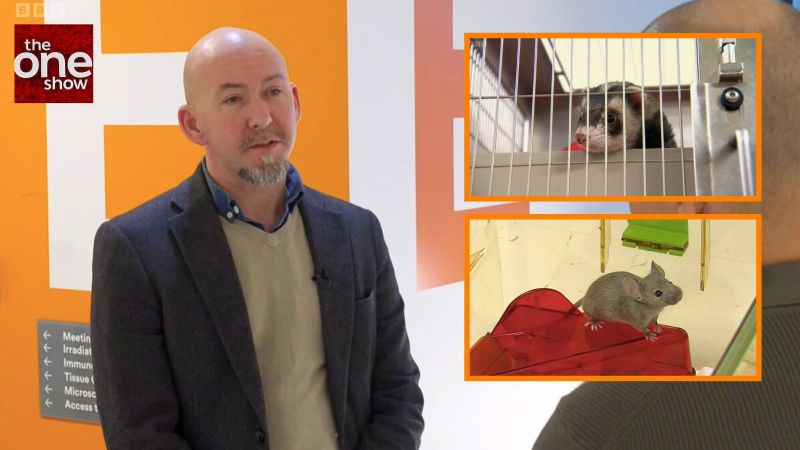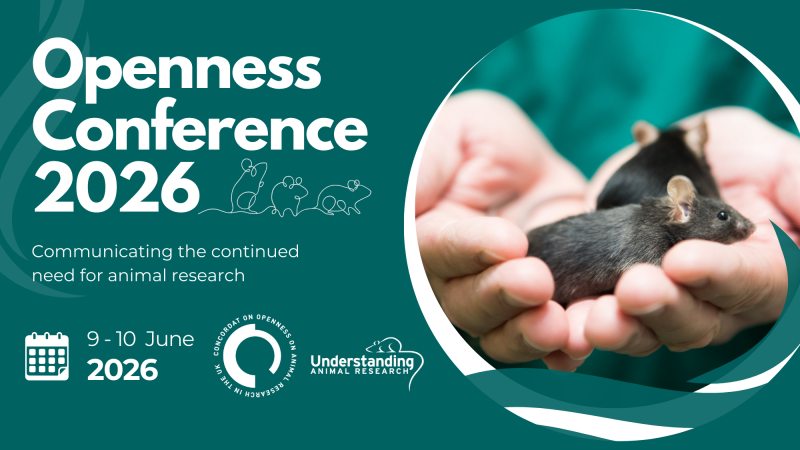The Academy of Medical Sciences has launched a new project to examine the use of animals containing human material in scientific research. Understanding Animal Research welcomes the study. We agree that science which increases our understanding of diseases and their treatment requires the parallel development of good ethical and regulatory frameworks. The project will examine these issues, taking expert advice and creating public dialogue.
The working group led by Professor Martin Bobrow CBE brings together leading experts from a wide range of research fields including developmental genetics, clinical neuroscience, veterinary medicine, bioethics and law to examine the scientific, social, ethical, safety and regulatory aspects of the creation and use of non-human animals and embryos incorporating human material.
It will consider:
- Transgenic animals: Animals, or animal embryos, in which human-like genetic material has been integrated. This can range from the inclusion of a single human-like gene up to a whole chromosome, and may include mitochondrial DNA. Transgenic animals have been used for at least 20 years in biomedical research and have already provided many important insights into human diseases.
- Chimeric animals: Animals, or animal embryos, into which cells of human origin have been integrated. This includes the study of human tissues or organs in adult animals following transplantation. This is a newer technology.
A programme of public dialogue will proceed alongside the expert working study. Launching the project, Professor Bobrow said 'It is important to ensure that this exciting research can progress within limits that scientists, the government and the public support. We will not only be focusing on the ethical dimensions of this research but also on how it is perceived by the public. Do these constructs challenge our idea of what it is to be human? It is important that we consider these questions now so that appropriate boundaries are recognised and research is able to fulfill its potential.'
Both broader and more specific issues have already been the subject of wide-ranging consideration and debate, so this study will avoid duplicating in-depth debate about:
- Scientific or ethical issues relating to the general use of animals in research.
- The use of human admixed embryos in research and other issues addressed in the debates of the Human Fertilisation and Embryology Act (2008).
- Broader issues relating to the genetic modification of animals or plants (eg the genetic modification of plants or animals for agricultural purposes).
Last edited: 7 April 2022 14:08



